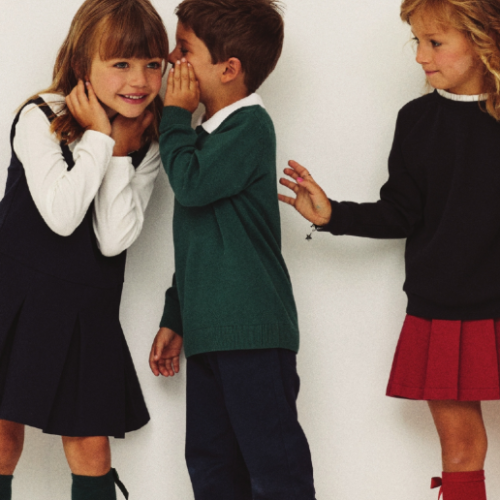The ‘Eco-Family’
 As the world population grows by the minute, so do the threats that will compromise sustainable living in the future. That is why we, as parents, ought to be more reasonable in utilising available resources and pass this practice on to our children. As a family, there are a lot of ways to show that we care for the environment and the next generations to come! Little things that will go a long way!
As the world population grows by the minute, so do the threats that will compromise sustainable living in the future. That is why we, as parents, ought to be more reasonable in utilising available resources and pass this practice on to our children. As a family, there are a lot of ways to show that we care for the environment and the next generations to come! Little things that will go a long way!
1 Use automobiles wisely. There are harmful gases being emitted from your cars. So if the grocery or the park is just a few minutes’ walk, wear your most comfortable footwear and used this as a form of exercise!
2 The number of people on earth continuously increases, but not the amount of water in it. That is why you have to learn how to CONSERVE; teach your children how important to use as less water as possible – leaving some for their children’s children.
3 Start segregating recyclable materials from perishing wastes. There are a lot of materials we use today that do not decompose. Imagine what will become of our landfills if we continue to be carless in our garbage disposal.
4 When we pollute the water and air, we destroy the natural habitat. And if we remain to be negligent, some animals we have today may no longer be in existence, to be enjoyed and marvelled at by our great grandchildren!
5 Take your family into a nature adventure so that they may be able to realise how valuable it is to care for it. Have an album where your kids can place the photos of the “wonderful world of nature” and you can label it as such! Go to the beach and make your own “beach clean-up drive”. Trips on a bicycle can be a good way to master a new family hobby as well as keeping the air clean.
6 When at home avoid using aerosol products. Read the labels whilst shopping at the grocery as it would mean saving what’s left of our ozone layer.
7 Contact electric and gas companies that can provide your family with tons of energy-saving tips. Start by turning the lights off when you don’t need them!
REFERENCE:
Families, the Environment, Sports and Competition
David Cook, 2000












Comments